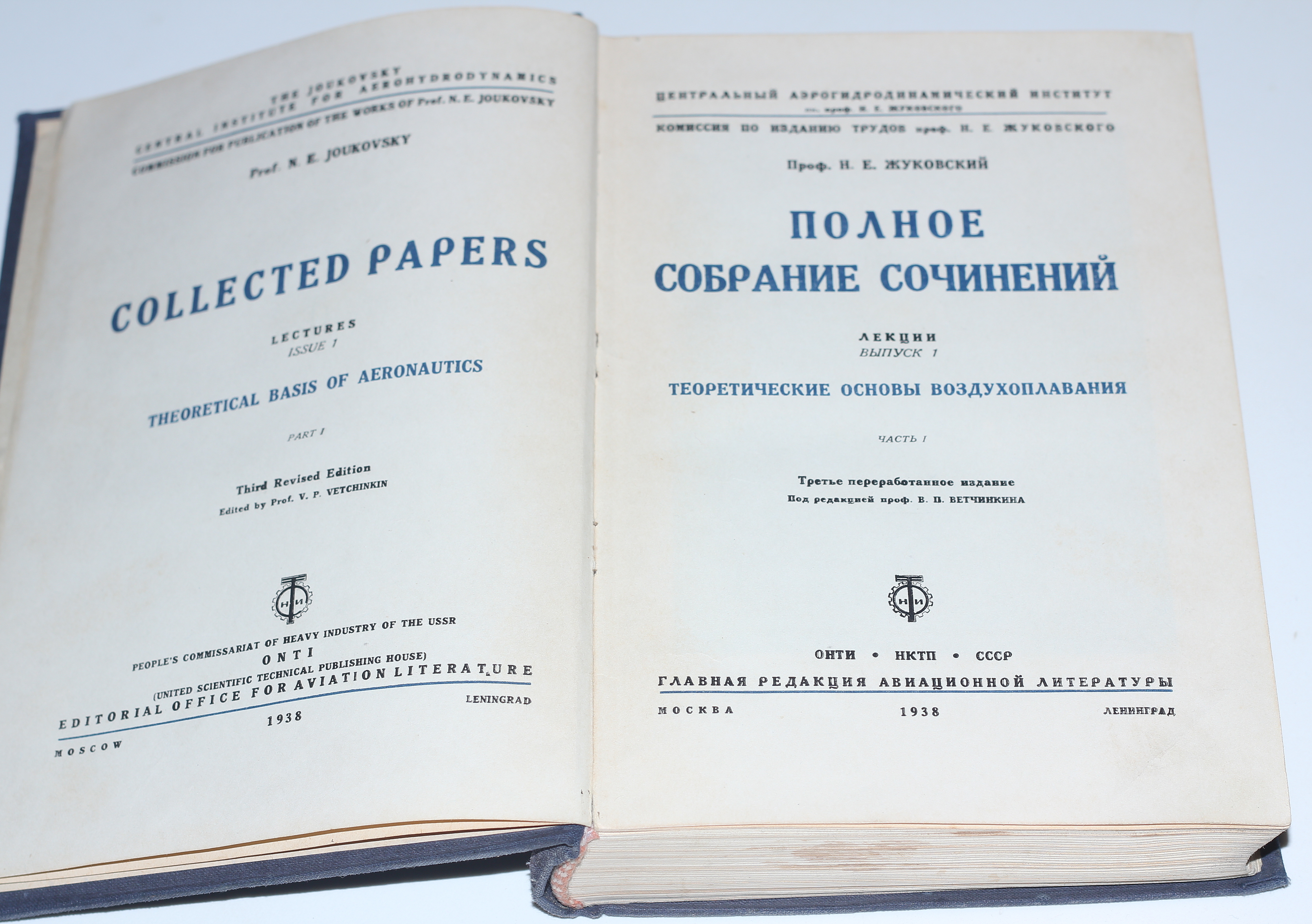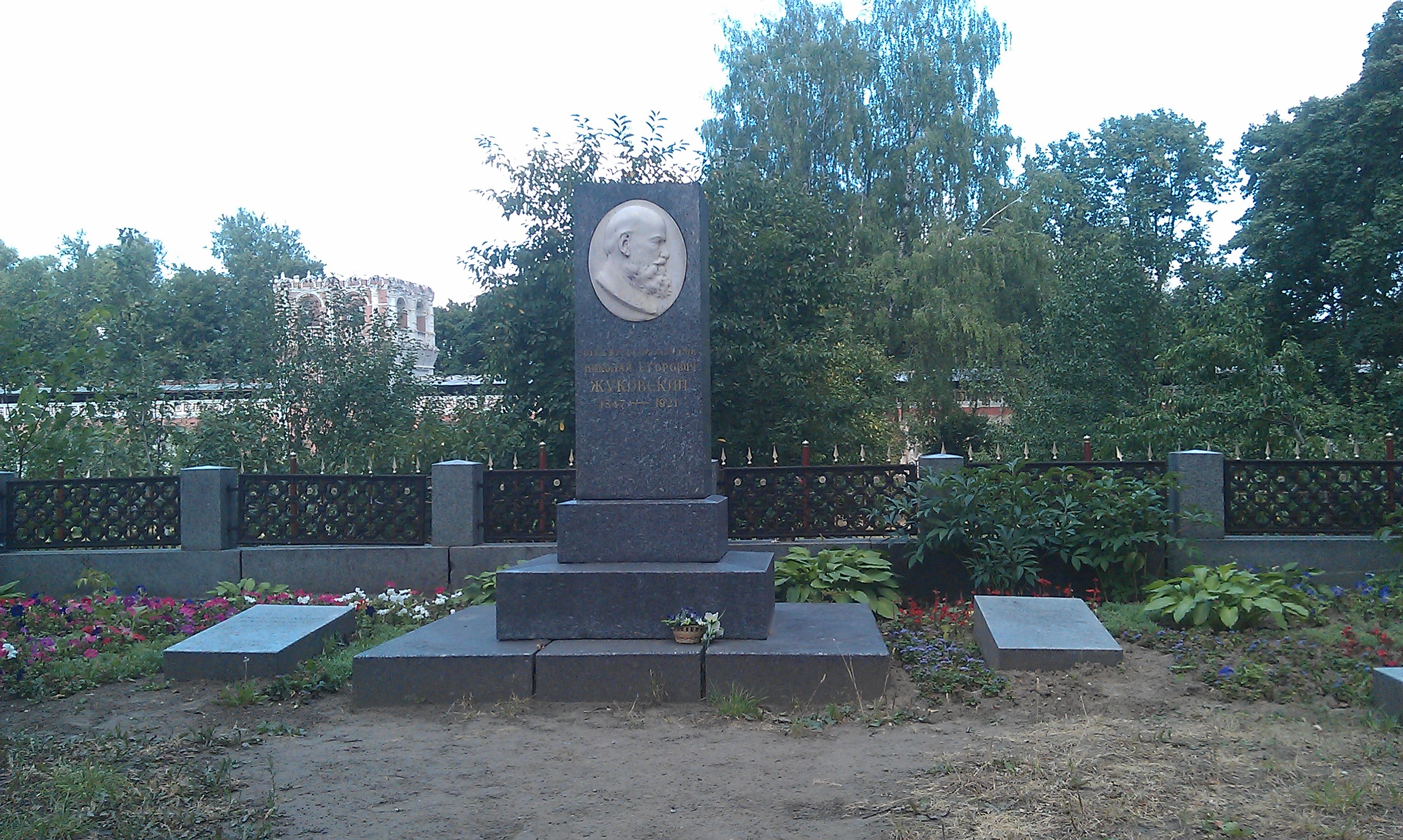Nikolay Yegorovich Zhukovsky on:
[Wikipedia]
[Google]
[Amazon]
Nikolay Yegorovich Zhukovsky ( rus, Никола́й Его́рович Жуко́вский, p=ʐʊˈkofskʲɪj; – 17 March 1921) was a Russian scientist, mathematician and engineer, and a founding father of modern aero- and

 Zhukovsky was the first scientist to explain mathematically the origin of aerodynamic
Zhukovsky was the first scientist to explain mathematically the origin of aerodynamic
''The Lanchester-Betz-Joukowsky Limit''
, Wind Energ. 2007; 10:289–291 This is known controversially as Zhukovsky died in
Zhukovsky died in
File:Museum of Moscow Aviation Institute 2016-02-02 009 (cropped).JPG
File:Airfoil geometry.svg
Stamp of USSR 1105.jpg, 1947 stamp
hydrodynamics
In physics, physical chemistry and engineering, fluid dynamics is a subdiscipline of fluid mechanics that describes the flow of fluids – liquids and gases. It has several subdisciplines, including (the study of air and other gases in ...
. Whereas contemporary scientists scoffed at the idea of human flight, Zhukovsky was the first to undertake the study of airflow. He is often called the ''Father of Russian Aviation''.
The Joukowsky transform
In applied mathematics, the Joukowsky transform (sometimes transliterated ''Joukovsky'', ''Joukowski'' or ''Zhukovsky'') is a conformal map historically used to understand some principles of airfoil design. It is named after Nikolai Zhukovsky, ...
is named after him, while the fundamental aerodynamical theorem, the Kutta–Joukowski theorem
The Kutta–Joukowski theorem is a fundamental theorem in aerodynamics used for the calculation of lift of an airfoil (and any two-dimensional body including circular cylinders) translating in a uniform fluid at a constant speed so large that th ...
, is named after both him and German mathematician Martin Kutta.
Life
Zhukovsky was born in the village of Orekhovo, VladimirGovernorate
A governorate or governate is an administrative division headed by a governor. As English-speaking nations tend to call regions administered by governors either states or provinces, the term ''governorate'' is typically used to calque divisions ...
, Russian Empire
The Russian Empire was an empire that spanned most of northern Eurasia from its establishment in November 1721 until the proclamation of the Russian Republic in September 1917. At its height in the late 19th century, it covered about , roughl ...
. In 1868 he graduated from Moscow University
Moscow State University (MSU), officially M. V. Lomonosov Moscow State University,. is a public research university in Moscow, Russia. The university includes 15 research institutes, 43 faculties, more than 300 departments, and six branches. Al ...
where he studied under August Davidov. From 1872 he was a professor at the Imperial Technical School. In 1904, he established the world's first Aerodynamic Institute in Kachino near Moscow
Moscow is the Capital city, capital and List of cities and towns in Russia by population, largest city of Russia, standing on the Moskva (river), Moskva River in Central Russia. It has a population estimated at over 13 million residents with ...
. He was influenced by both Ernst Mach
Ernst Waldfried Josef Wenzel Mach ( ; ; 18 February 1838 – 19 February 1916) was an Austrian physicist and philosopher, who contributed to the understanding of the physics of shock waves. The ratio of the speed of a flow or object to that of ...
and his son Ludwig Mach. From 1918 he was the head of TsAGI
The Central Aerohydrodynamic Institute (also (Zhukovsky) Central Institute of Aerodynamics, , TsAGI) is a Russian national research centre for aviation. It was founded in Moscow by Russian aviation pioneer Nikolai Yegorovich Zhukovsky on Decemb ...
(Central AeroHydroDynamics Institute).

 Zhukovsky was the first scientist to explain mathematically the origin of aerodynamic
Zhukovsky was the first scientist to explain mathematically the origin of aerodynamic lift
Lift or LIFT may refer to:
Physical devices
* Elevator, or lift, a device used for raising and lowering people or goods
** Paternoster lift, a type of lift using a continuous chain of cars which do not stop
** Patient lift, or Hoyer lift, mobile ...
, through his circulation hypothesis, the first to establish that the lift force generated by a body moving through an ideal fluid is proportional to the velocity and the circulation around the body. He is credited with the Joukowsky airfoil - an ideal shape of the aerodynamic profile having as essential elements a rounded nose (leading edge), double surface (finite thickness), cambered or symmetrical, and a sharp tail (trailing edge). He built the first wind tunnel
A wind tunnel is "an apparatus for producing a controlled stream of air for conducting aerodynamic experiments". The experiment is conducted in the test section of the wind tunnel and a complete tunnel configuration includes air ducting to and f ...
in Russia. He was also responsible for the eponymous water hammer
Hydraulic shock ( colloquial: water hammer; fluid hammer) is a pressure surge or wave caused when a fluid in motion is forced to stop or change direction suddenly: a momentum change. It is usually observed in a liquid but gases can also be aff ...
equation used by civil engineers.
He published a derivation for the maximum energy obtainable from a turbine in 1920, at the same time as German scientist Albert Betz.Gijs A.M. van Kuik''The Lanchester-Betz-Joukowsky Limit''
, Wind Energ. 2007; 10:289–291 This is known controversially as
Betz's law
In aerodynamics, Betz's law indicates the maximum Power (physics), power that can be extracted from the wind, independent of the design of a wind turbine in open flow. It was published in 1919 by the German physicist Albert Betz.Betz, A. (1966) ' ...
, as this result was also derived by British scientist Frederick W. Lanchester. This is a famous example of Stigler's law of eponymy
Stigler's law of eponymy, proposed by University of Chicago statistics professor Stephen Stigler in his 1980 publication "Stigler's law of eponymy", states that "no scientific discovery is named after its original discoverer." Examples include H ...
.
In December 1918 at Zhukovsky's proposal and with his active participation, the Soviet government founded the Central Aerohydrodynamic Institute (TsAGI), of which he became the first head. At the same time, theoretical courses for military pilots were founded, later transformed into the Moscow Aviation Technical College. The Institute of Engineers of the Red Air Fleet was established on its base in 1920, and in May 1922 it became the Air Force Engineering Academy named after Zhukovsky.
 Zhukovsky died in
Zhukovsky died in Moscow
Moscow is the Capital city, capital and List of cities and towns in Russia by population, largest city of Russia, standing on the Moskva (river), Moskva River in Central Russia. It has a population estimated at over 13 million residents with ...
in 1921.
Recognition
A city near Moscow and the crater Zhukovskiy on the Moon are both named in his honor. The State Zhukovsky Prize was established in 1920 'for the best works in mathematics'. TheRussian Air Force
The Russian Air Force () is a branch of the Russian Aerospace Forces, the latter being formed on 1 August 2015 with the merging of the Russian Air Force and the Russian Aerospace Defence Forces. After the dissolution of the Soviet Union, the reb ...
's engineering academy was named for him, later reorganized into the Zhukovsky – Gagarin Air Force Academy
The Zhukovsky – Gagarin Air Force Academy is a Russian military institution of higher education run by the Russian Aerospace Forces. The full name is Russian Air Force Military Educational and Scientific Center Air Force Academy Professor Nikola ...
. In May 2016 Moscow
Moscow is the Capital city, capital and List of cities and towns in Russia by population, largest city of Russia, standing on the Moskva (river), Moskva River in Central Russia. It has a population estimated at over 13 million residents with ...
's fourth largest airport
An airport is an aerodrome with extended facilities, mostly for commercial Aviation, air transport. They usually consist of a landing area, which comprises an aerially accessible open space including at least one operationally active surf ...
was named in his honor.
Mosfilm
Mosfilm (, ''Mosfil’m'' , initialism and portmanteau of Moscow Films) is a film studio in Moscow which is among the largest and oldest in the Russian Federation and in Europe. Founded in 1924 in the USSR as a production unit of that nation's fi ...
produced a 1950 eponymous biopic directed by Vsevolod Pudovkin
Vsevolod Illarionovich Pudovkin ( rus, Всеволод Илларионович Пудовкин, p=ˈfsʲevələt ɪl(ː)ərʲɪˈonəvʲɪtɕ pʊˈdofkʲɪn; 28 February 1893 – 30 June 1953) was a Soviet film director, screenwriter and acto ...
with music by Vissarion Shebalin
Vissarion Yakovlevich Shebalin (; 29 May 1963) was a USSR, Soviet composer, music pedagogue. Rector of the Moscow Conservatory (1942-1948). People's Artist of the RSFSR (1947).
Biography
Shebalin was born in Omsk, where his parents were school t ...
, which earned Pudovkin and Shebalin the USSR State Prize
The USSR State Prize () was one of the Soviet Union’s highest civilian honours, awarded from its establishment in September 1966 until the dissolution of the USSR in 1991. It recognised outstanding contributions in the fields of science, mathem ...
in 1951.
The Russian Central Aero-Hydrodynamic Institute and the Ukrainian National Aerospace University – Kharkiv Aviation Institute are named after him.
The Zhukovsky House is a museum dedicated to his memory
See also
* Joukowsky equation *Joukowsky transform
In applied mathematics, the Joukowsky transform (sometimes transliterated ''Joukovsky'', ''Joukowski'' or ''Zhukovsky'') is a conformal map historically used to understand some principles of airfoil design. It is named after Nikolai Zhukovsky, ...
* Kutta–Joukowski theorem
The Kutta–Joukowski theorem is a fundamental theorem in aerodynamics used for the calculation of lift of an airfoil (and any two-dimensional body including circular cylinders) translating in a uniform fluid at a constant speed so large that th ...
References
External links
* {{DEFAULTSORT:Zhukovsky, Nikolay Yegorovich 1847 births 1921 deaths Aerodynamicists Aviation pioneers Fluid dynamicists Physicists from the Russian Empire Moscow State University alumni People from Sobinsky District Russian inventors 19th-century mathematicians from the Russian Empire 20th-century Russian mathematicians Academic staff of Imperial Moscow University Central Aerohydrodynamic Institute employees Russian scientists Inventors from the Russian Empire